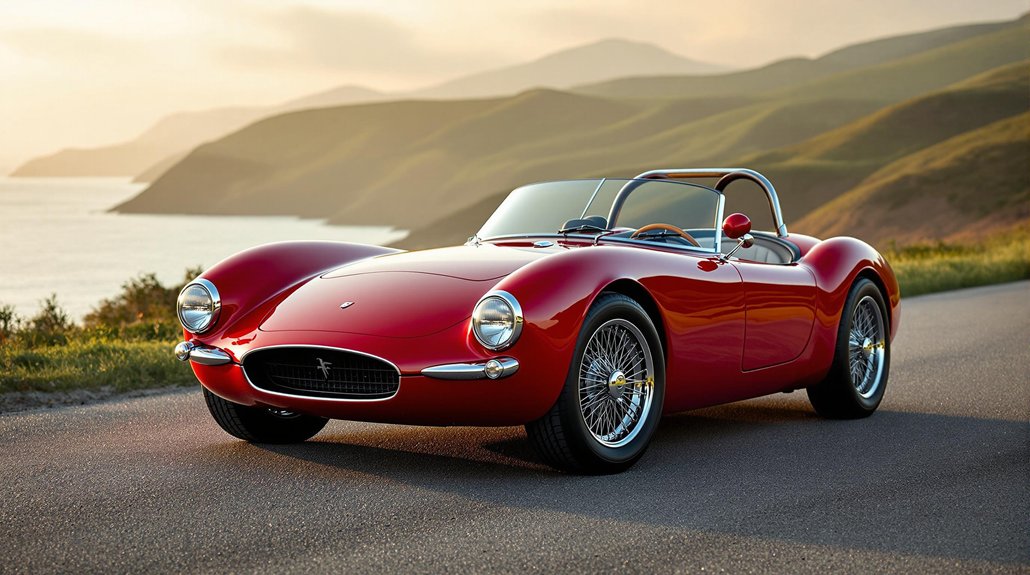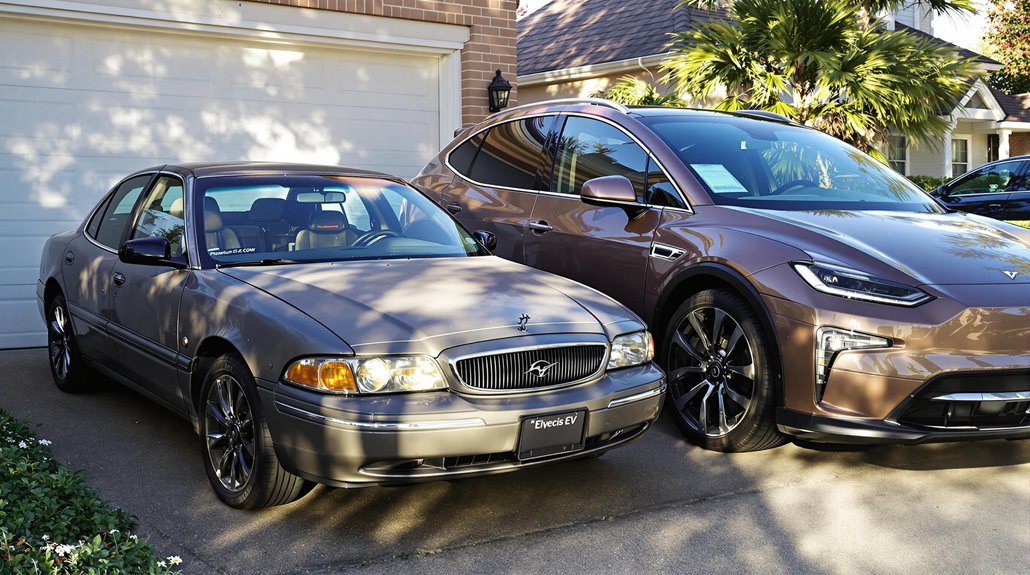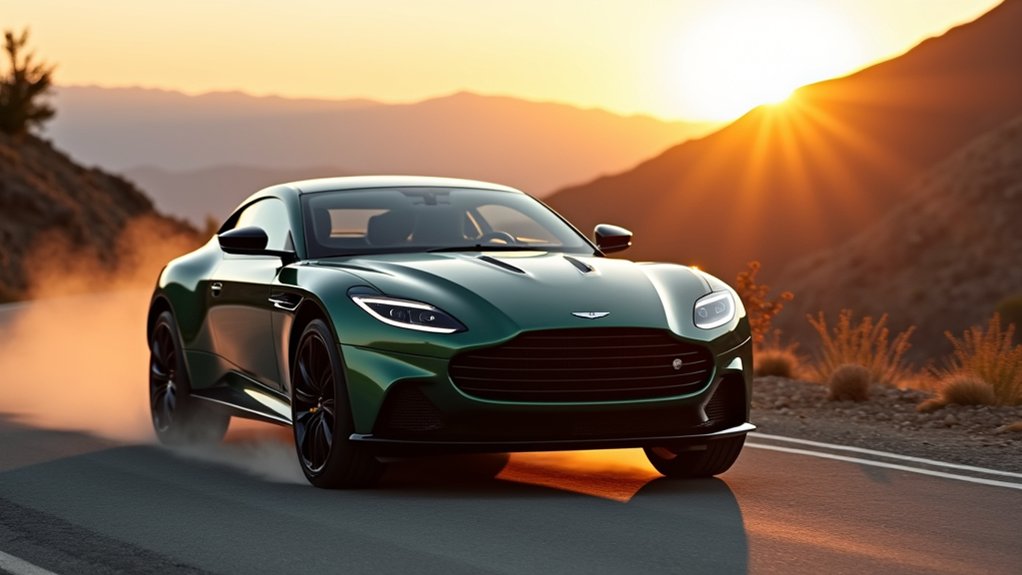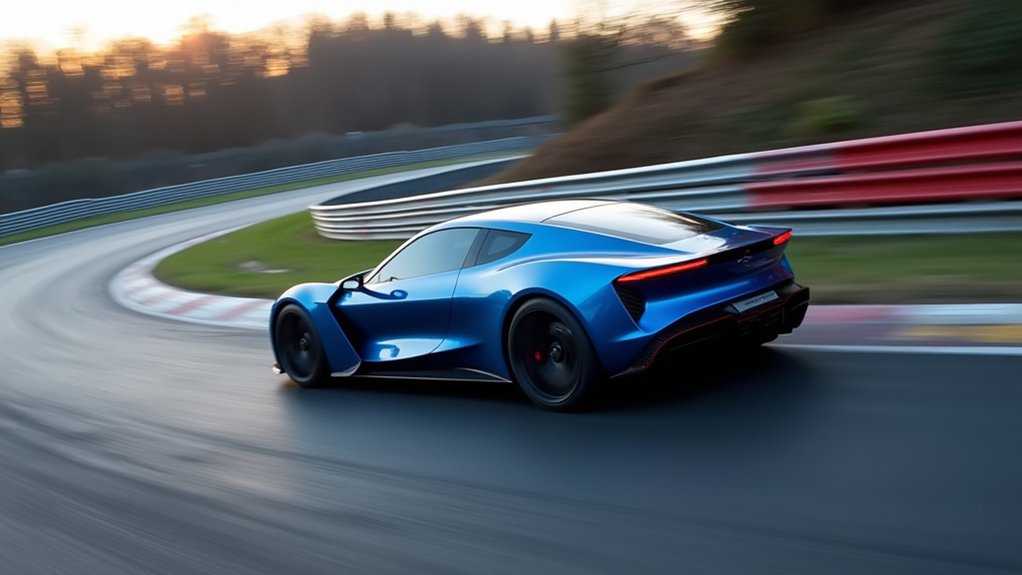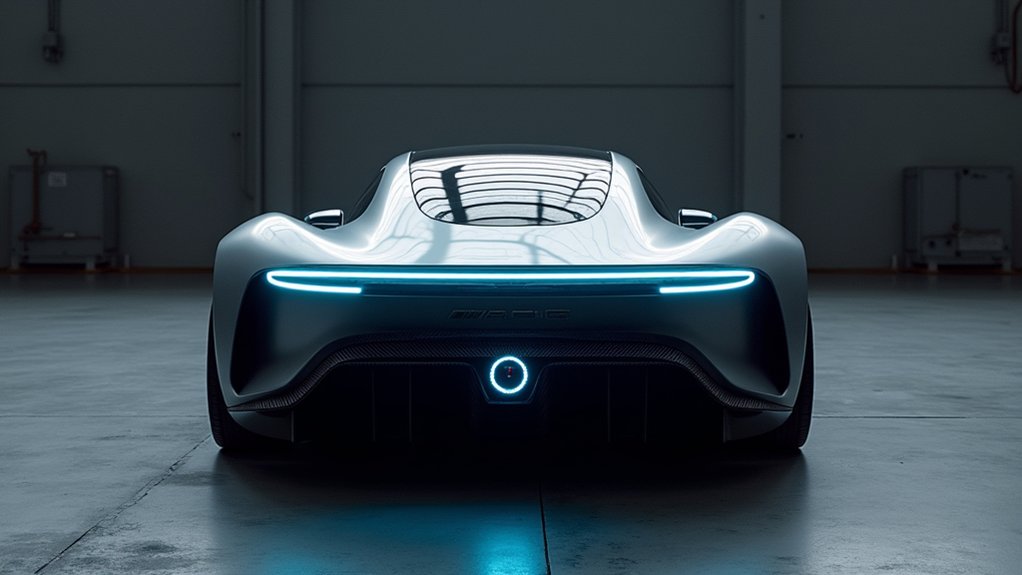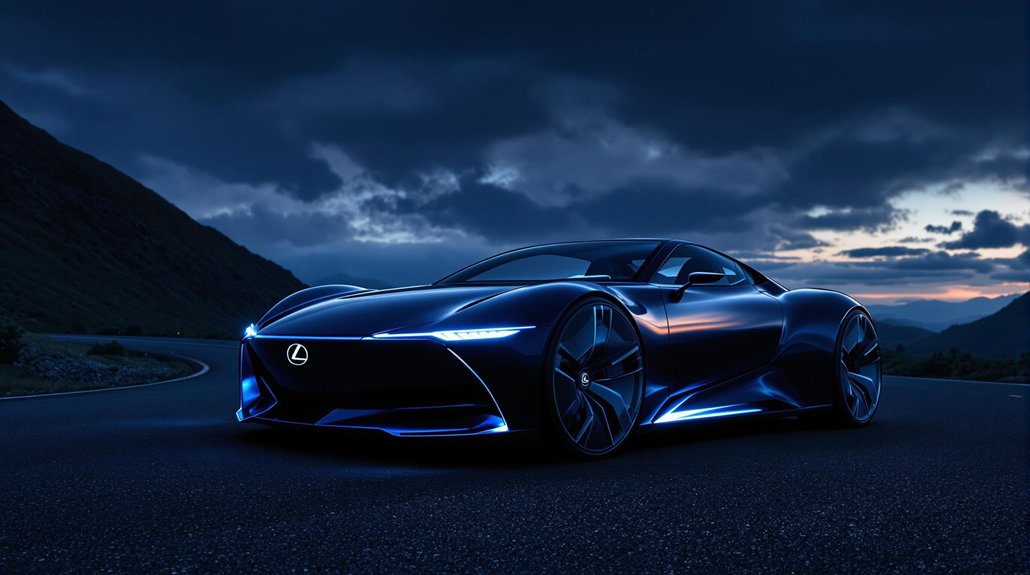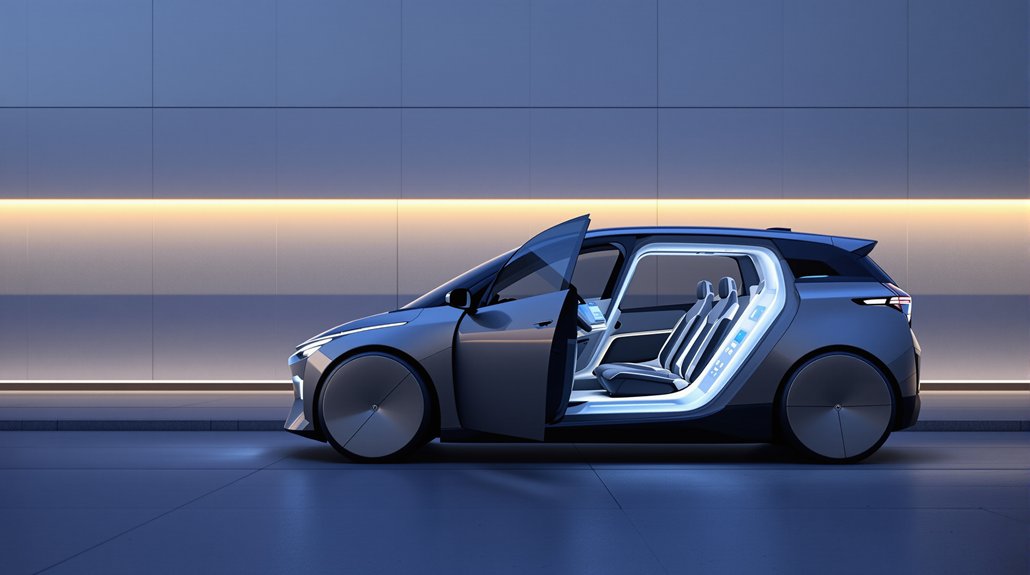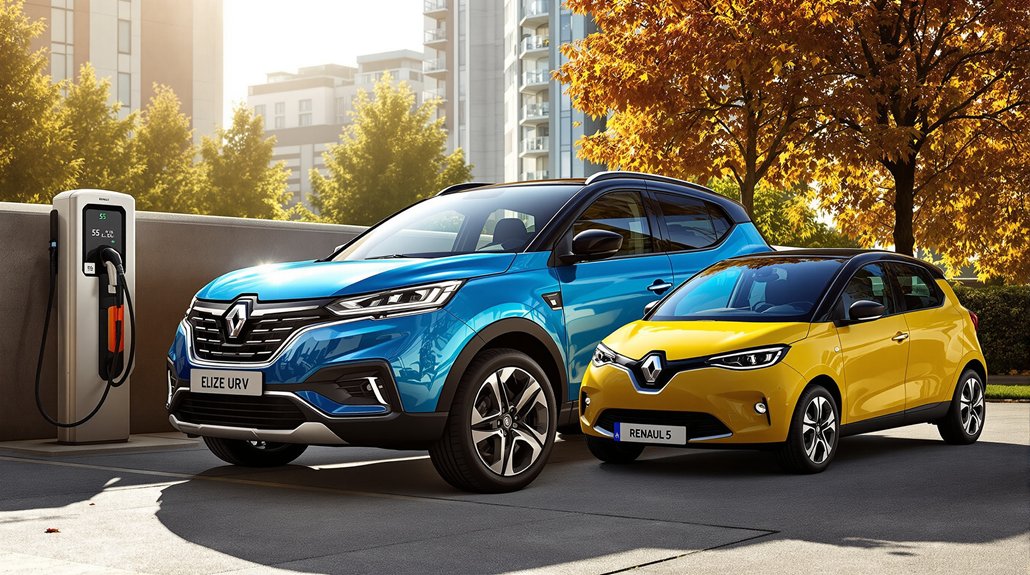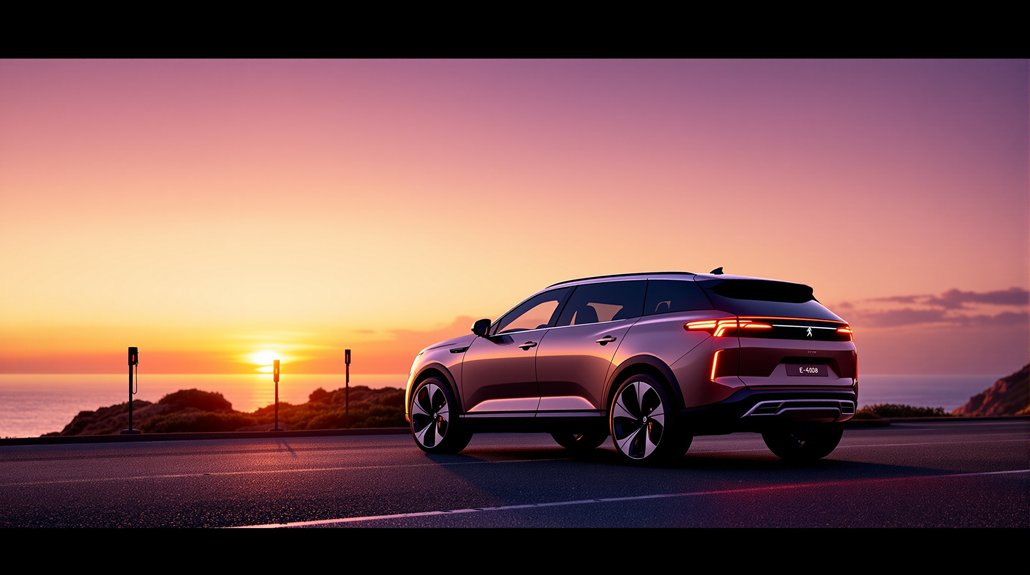Nostalgia meets sustainability as electric powertrains breathe new life into classic British sports car designs. Companies like RBW and Longbow are reimagining the quintessential British roadster experience with zero-emission drivetrains while preserving the timeless aesthetics that enthusiasts covet. These aren’t merely conversions but ground-up reengineered vehicles that maintain period-correct panels with thoroughly modern underpinnings.
The RBW Roadster exemplifies this approach with its 70 kW (94 bhp) electric motor, yielding modest but suitable performance figures: 0-60 mph in 8.9 seconds and a top speed of 87–90 mph. Though slightly heavier than its inspiration at 2,860 lbs, the engineers have achieved a perfect 50:50 weight distribution—the holy grail of handling characteristics. The strategic positioning of batteries at the front helps maintain this ideal weight distribution while countering the rear-mounted motor.
More performance-oriented drivers might gravitate toward Longbow’s offerings, particularly the Speedster, which delivers supercar-rivaling acceleration of 0-62 mph in just 3.5 seconds while weighing a mere 895 kg. Longbow’s team brings exceptional expertise with former engineers from Tesla and other leading EV manufacturers contributing to their innovative designs.
I’ve seen numerous electrification attempts fail by sacrificing the essential character of classic motoring, but these vehicles smartly retain driver engagement while eliminating the maintenance headaches. The integration of VW Golf disc brakes and coil-over suspension addresses the notorious stopping and handling deficiencies of the originals.
Inside, digital instrumentation and touchscreens coexist with bespoke finishes that would satisfy even the most discerning collector. These modern reimaginings employ structural batteries that integrate energy storage directly into the vehicle’s chassis, improving rigidity while maximizing available space.
The pricing reflects their exclusivity and craftsmanship. At $135,000–$139,000 for the RBW Roadster or £64,995–£84,995 for Longbow models, these aren’t casual purchases but investments in sustainable classics. Production caps, like the Longbow Speedster‘s 150-unit limit, should maintain long-term value.
For enthusiasts, the proposition is compelling: classic British sports car culture preserved with contemporary reliability. The regenerative braking and emission-free operation mean these roadsters can be enjoyed without environmental guilt.
While purists may balk at the missing exhaust note, the preservation of these automotive icons for future generations may well be worth the compromise.
